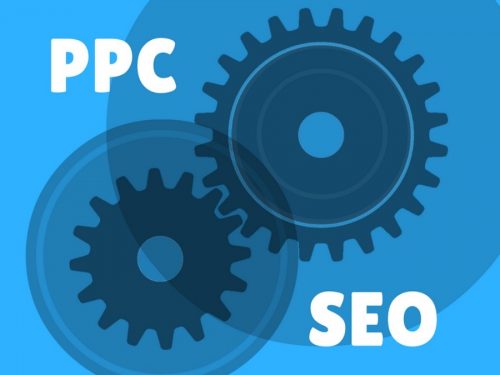
Keyword Research
Choosing the right keywords should be a top priority to start your company off in the right direction. Make your selection based on logic and common sense. “What would my clients be typing into Google to find my services?” Take your answer and make it more specific to the product or service you specialize in. Add terms that will help to identify a specific type of search that hones in on what your company offers.
For example, if a music store in Manhattan NY wants to focus on generating more sales in their classical music department, the keyword “classical music Manhattan” would accurately describe what people are looking for, but to make the keyword more specific they could incorporate whether the music is being sold as a cd or vinyl. When someone searches “classical music on vinyl in Manhattan” this key phrase becomes much more specific and will eliminate those who don’t offer vinyl. This gives the music store a better opportunity to rank higher in a search by focusing on a specific type of visitor looking for a specific service.
Long Tail Keywords
Long tail key phrases are becoming more prevalent in how websites are optimized. Voice assistants have become more common in everyday activities which has changed the way searches are made. It’s increasingly more common to perform searches in the form of questions. Providing the answer to these questions will improve the chances of getting your website listed in related searches.
Position Zero
Although Google introduced position zero a few years back, it is becoming more prevalent on first page results. Position zero refers to the very first listing in a search result that is an answer to a question posed in a search. The answer to the search question is featured by one website and is followed by a box titled “People also ask” with answers to similar questions from sites who have answered the question best.
The selection of websites Google chooses to answer these questions can differ day to day. There is no distinct formula to rank websites in position zero but there are similar characteristics that developers look to employ to give them the best chances at this prime piece of first page real estate.
By structuring content in a clearly defined answer to a question, you increase your chances of getting into position zero. Use structured data to emphasis attribution of the answer to be showcased in Googles rich snippet.
LSI Keywords
LSI keywords further define the meaning of your website’s content. LSI stands for latent semantic indexing. Today’s search engines will read the content of a website and will infer meaning to keywords and content based on related text.
For example, the keyword “suits” can refer to the tv show “Suits” or to bespoke suits or bathing suits. A search engine would use related text in the body of content to draw a more exact meaning to the keyword. By discovering Harvey Spector (the name of the main character) the assumption would then be the web page is about the tv show. By reading about custom lapels, basting fittings or any suit making terminology, a search engine would infer bespoke suits.
Using LSI keywords in your content can create a more accurate inference of the category your website resides in. The additional references can also provide a wider range of keywords a website may be included in for related searches.
Reading Keyword Reports
Keyword reports are a resource to assist in weighing and evaluating options. A report can uncover additional keywords that are less obvious and provide an excellent source of traffic for your business.
Monthly Volume Of traffic
Basic indicators to pay attention to on a report are the monthly volume of traffic, cost per click and keyword difficulty. The monthly volume of traffic is an indicator as to how many people type the search phrase into Google every month. Keep in mind the total volume of traffic listed is distributed to the different positions in a search result.
Cost Per Click
Cost per click refers to the value of paid traffic in a pay per click campaign. The CPC serves as a comparative measure for selecting your key search phrases. The higher the CPC, the more people are willing to pay for the traffic-which indicates commercial value in the traffic from that keyword.
Keyword Difficulty
Keyword difficulty is a measure of the competition a website faces in making a first page appearance. The higher the value, the more development your website will need to be displayed in a first page search result.
The final decision on keywords primarily rests on evaluating what terms will have the best impact for your business. Use the most accurate descriptions of what your website offers as the primary basis for selection. Use the values that they represent to establish a strategy that works for your company.
___
by Christian Carere
source: SiteProNews


